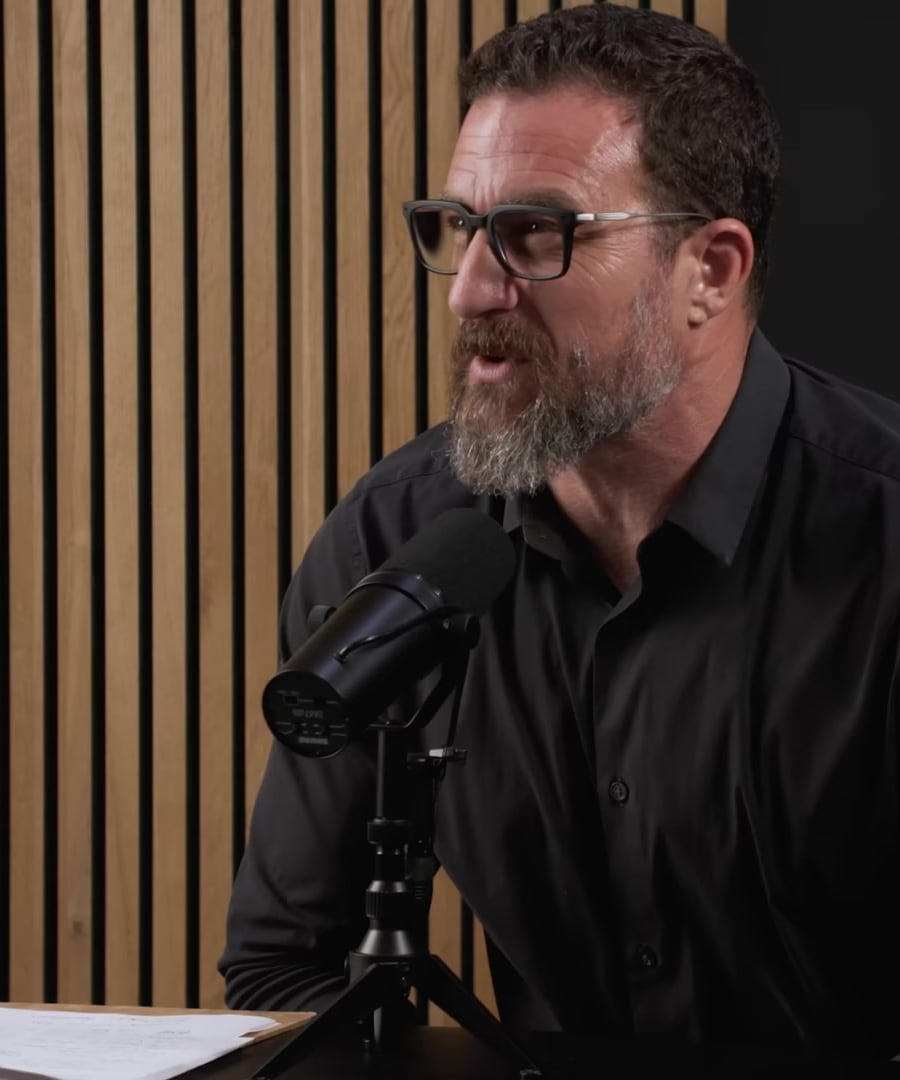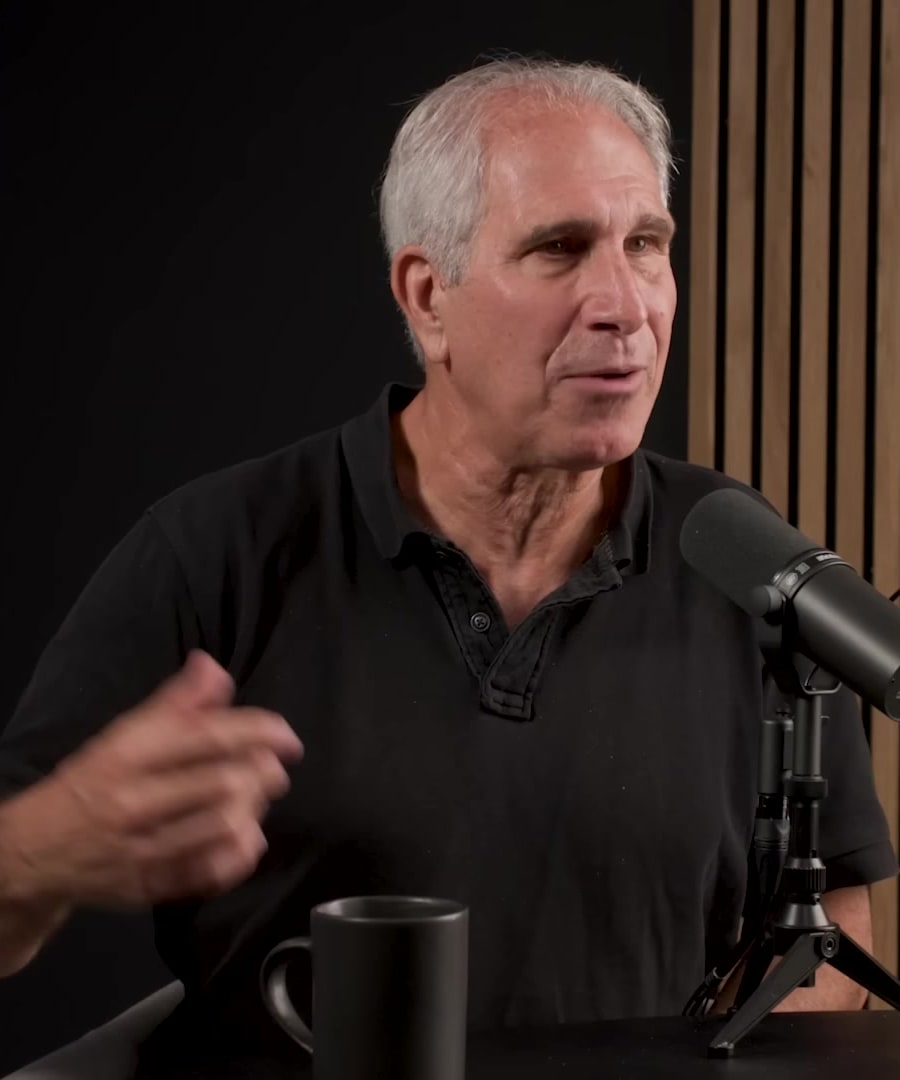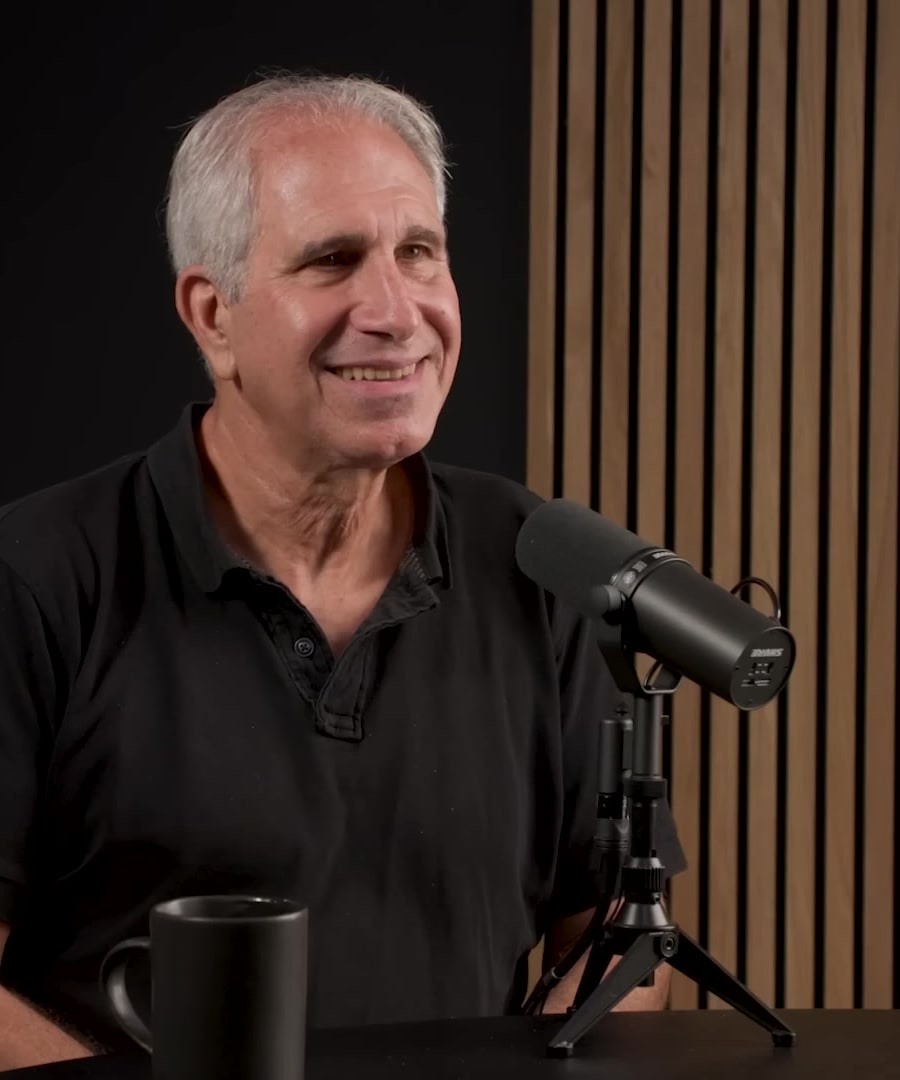How does social media impact isolation?
Sources:
Social media can exacerbate feelings of isolation for multiple reasons:
-
Altered Communication Dynamics: Unlike real-world interactions that include voice tone, body language, and facial expressions, social media limits these nonverbal cues. This shift can lead to miscommunication and more hurtful exchanges, as people are less inhibited without face-to-face interaction 1.
-
Self-Esteem and Comparison: Constant exposure to carefully curated images and achievements of others can shred self-esteem, especially among young people. Users often feel worse about themselves and their friendships, making it difficult to disconnect from these platforms designed to maximize engagement 1.
-
Lack of Meaningful Interactions: Social media can provide a sense of social interaction but lacks the depth and satisfaction of real-world connections. Instead of addressing social needs, it may worsen feelings of loneliness when users step away from their screens, akin to feeling a caloric deficit when diet changes suddenly 2.
-
Anonymous Feedback: Interactions on social media are influenced by anonymity, where both positive and negative comments can be challenging to interpret and often don't have the same impact as feedback from known sources 3.
-
Neurobiological Impact: Social media capitalizes on hardwired neurobiological mechanisms, such as dopamine release from social recognition, whether positive or negative. This can lead to compulsive use similar to substance addiction, yet often doesn't provide the same level of fulfillment as in-person interactions 4 5.
Overall, social media poses significant challenges to genuine human connection, potentially intensifying feelings of loneliness and isolation.
RELATED QUESTIONS-
How does social media impact isolation?
- RELATED QUESTIONS




